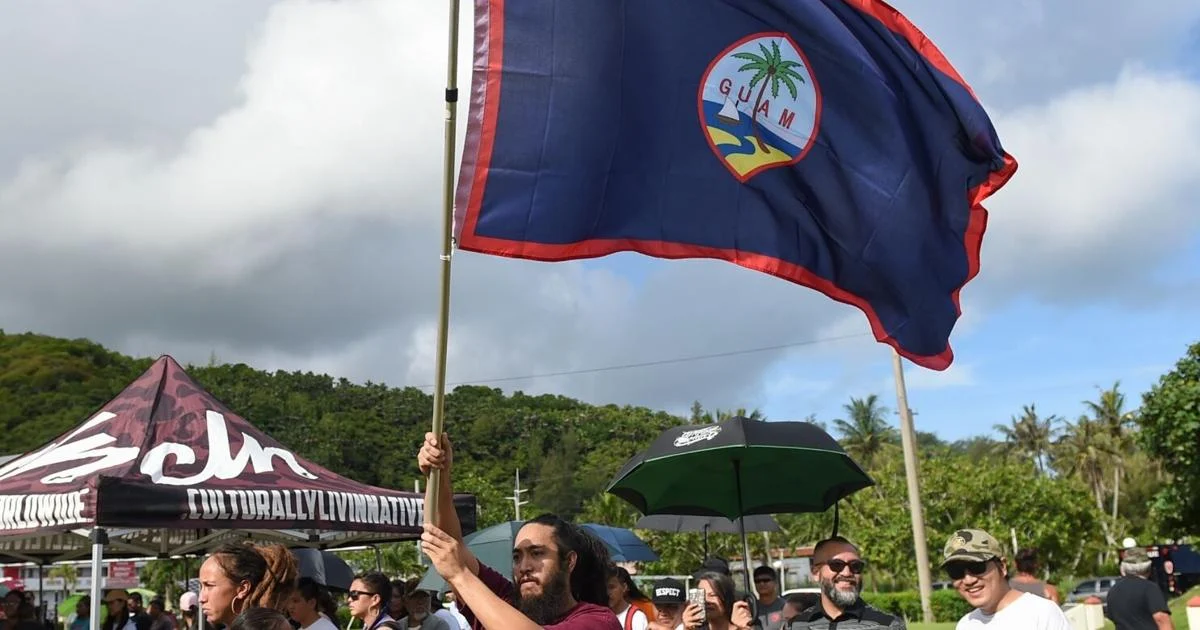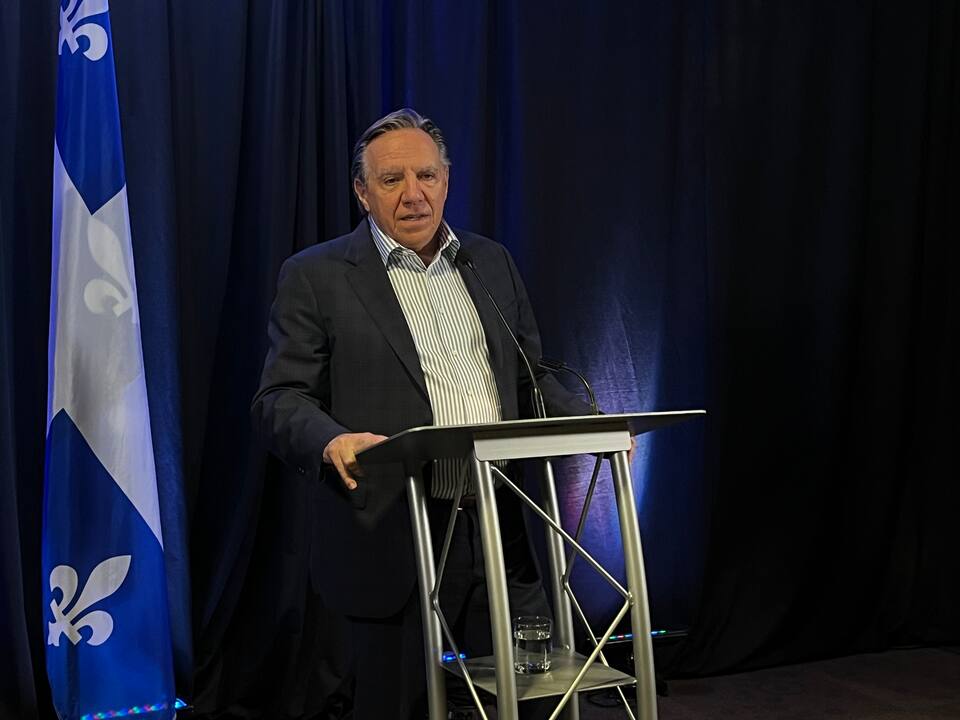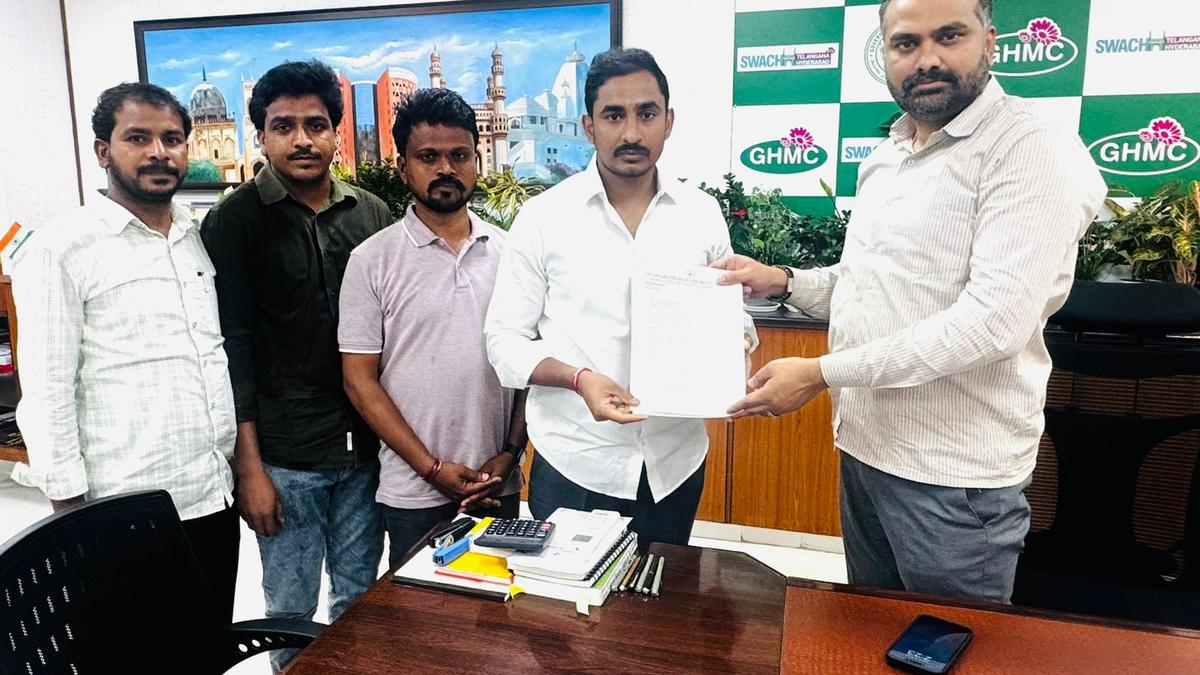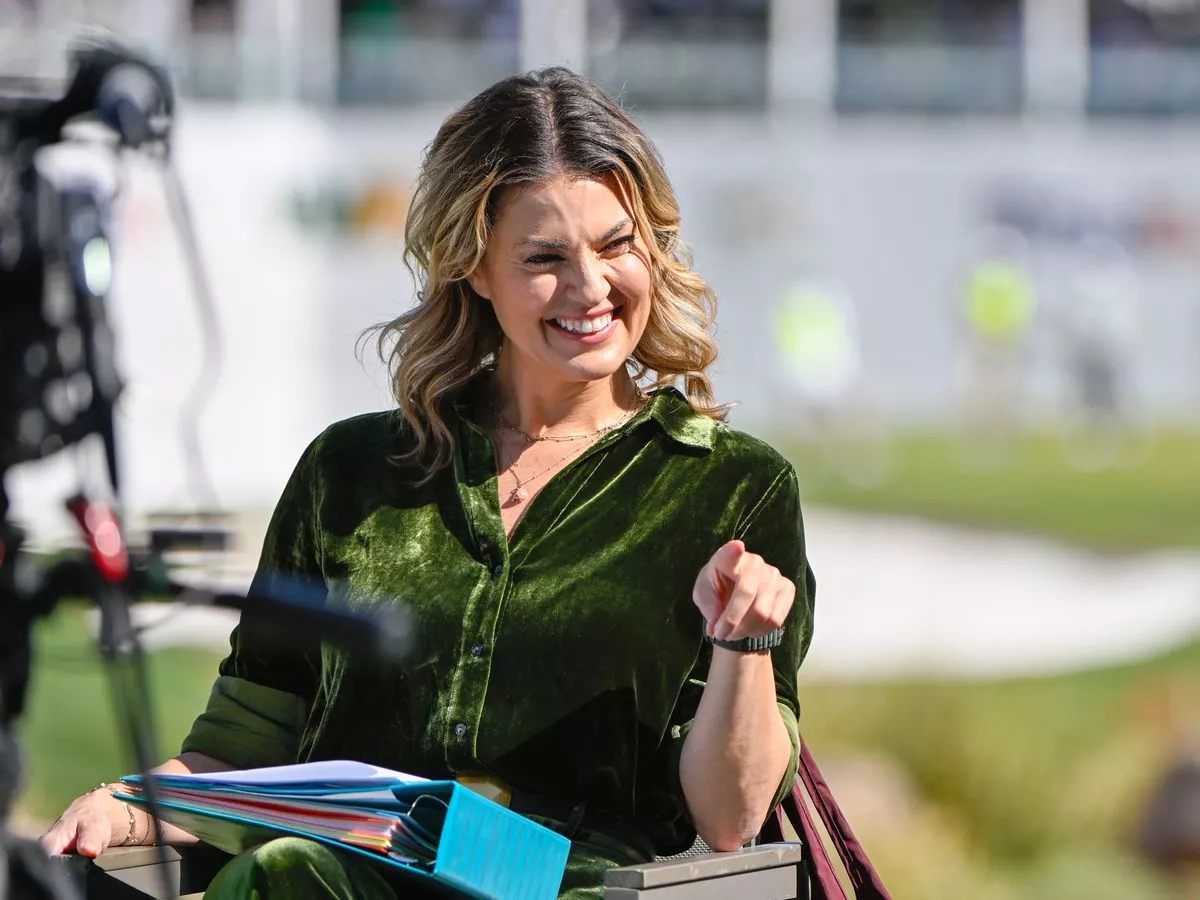Copyright guampdn

Gov. Lou Leon Guerrero on Tuesday said she would have liked the vote for Guam’s political status change to have “happened yesterday,” even as Sen. William Parkinson pushes for a referendum in 2026. Parkinson is drafting a bill seeking political status change, but the town halls he has been hosting have been discussing a “simple two-step process” to move the decolonization vote forward. The first step would be a referendum in the 2026 general election that asks a single question, the senator said. “Should Guam seek a different political status from what we have today as an unincorporated territory of the United States? This vote would give us a clear mandate from the people on whether we should pursue change,” Parkinson said. If the public votes “yes,” then a second vote would take place in 2028 during the general election. “That vote would ask which political status the people of Guam want to pursue: statehood, independence, or free association. Each status has very different legal and economic implications,” Parkinson said. “The two-step process ensures that voters are fully informed and that our decision is deliberate and fair.” Another factor to consider is the inclusion of the status quo, which Parkison said during a previous town hall meeting needs to be included as an option, along with other parameter changes. Leon Guerrero on Tuesday said Parkinson “would have to change the law” because it currently only lists independence, statehood, and free association as options. The governor added that Adelup and the Legislature are “trying to work ways to strategize how we can move forward with the votes.” The vote, she said, can be executed one of two ways, depending on which status change is chosen. “If it’s an election sponsored by the government, it has to be an election for all people. If it’s an election sponsored by a nonprofit organization, then as per the mandate under the law that exists now, which was declared unconstitutional, only native inhabitants of Guam [would be] eligible to vote,” she said. After a political status is chosen in 2028, Parkinson said the next step is to work with Guam’s federal partners in Washington, D.C., with the Legislature “leading the effort to advance Guam’s chosen status” through Congress and the federal system. “International processes may also come into play depending on the option selected, such as United Nations involvement if independence or free association is chosen,” Parkinson said. “My goal is to finally put this decision in the hands of the people.” He said that Guam has waited too long for Washington, D.C. “to decide our future for us.” “Guam deserves clarity, a democratic path forward, and momentum that does not depend on politics in D.C.,” he added.



